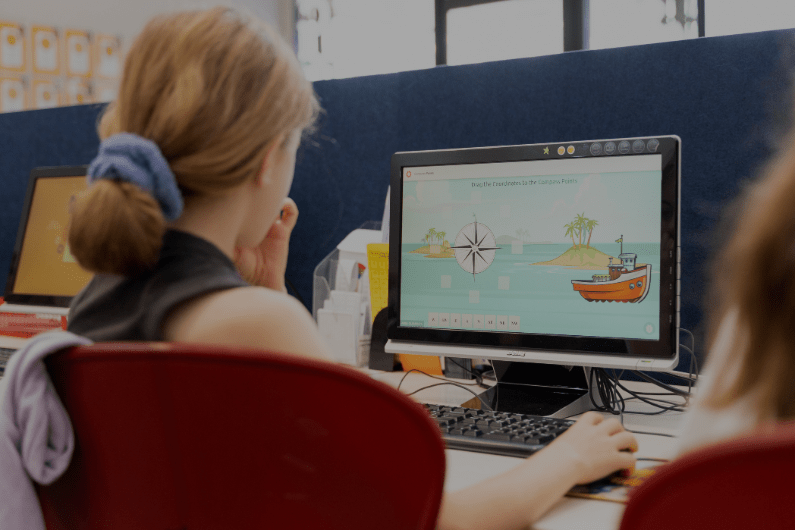The power of a growth mindset: Part two

In our previous blog, ‘The power of a growth mindset: Part one’ we introduced the concept of growth mindset, which is the belief that intelligence is not static, but something that can be developed. The idea came from Carol Dweck, a psychology professor at Stanford University. Her lifetime of research into mindsets identified and explored the opposition between a fixed mindset and a growth mindset.
Are schools teaching growth mindset
The vast majority of New Zealand schools will be well aware of Carol Dweck’s work. Most will be using growth mindset strategies, alongside a host of others, to support learning. They may not be overtly referring to growth mindset or teaching it directly, but it will be contributing to their approach.
In UK schools, growth mindset has also found a great deal of support. Many schools are teaching children how the brain works and how to develop a growth mindset. Teachers, administrators and support staff have embraced the challenge of developing their own growth mindset. They’re also reviewing their school’s policies, processes, culture and more. So anything that’s based on or supports the idea that ability is set in stone is being updated to support the idea that ability can be improved through effort and perseverance.
In a Chicago high school, for example, they stopped recording graduation test results that didn’t pass as a ‘fail’ and started using the words, ‘not yet’. The power of the word yet, is also widely recognised in New Zealand schools.
Do parents have much influence?
The short answer is yes. One study[2] has shown that the type of praise parents gave when children were pre-schoolers determined whether the children would have a fixed or growth mindset for up to five years later. Another study[3] showed that the mindset of children is affected by the way their parents react to failure, whether they see it as a result of lacking ability or as a chance to learn.
Can after school tuition help?
If you’re interested in developing a stronger growth mindset in your child, NumberWorks’nWords can definitely help. A lot of students come to us believing they’re simply not a maths or English person. Like the growth mindset, our focus is on fun, perseverance and progress. We carefully select the right learning challenges to steadily build confidence and self-belief in a vibrant and caring environment. We certainly don’t believe that a child’s ability in anything is fixed in stone.
To get started, we offer a free no obligation assessment of current strengths and weaknesses. Your child can also try a free lesson to experience what learning with us is like. If you choose to continue, we’ll develop an individual learning plan based on your child’s needs.
Call us to arrange a no-obligation and sample tuition class. An assessment takes 20-30 minutes. When it is complete we'll discuss the results with you and make recommendations for the next steps. Book a free assessment and introductory lesson today.



